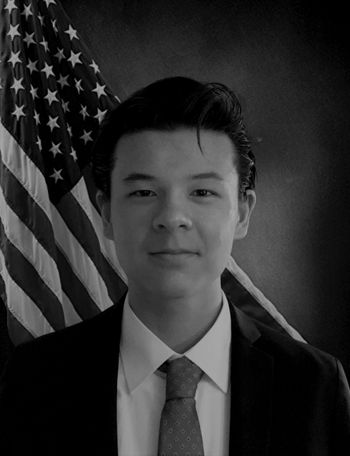Cornell charges students $1,800 for racially-segregated rock climbing class, frantically scrubs website when confronted
A Cornell University course titled “BIPOC Rock Climbing,” was originally restricted to “people who identify as Black, Indigenous, Latinx, Asian, or other people of color.”
When Campus Reform contacted the school, Cornell officials edited the course description to remove the race-based enrollment restriction.
Cornell University altered the course description of a racially-segregated physical education course offered to students during the Spring 2021 academic semester after Campus Reform reached out for comment.
The class, entitled “BIPOC Rock Climbing,” was originally restricted to “people who identify as Black, Indigenous, Latinx, Asian, or other people of color,” before its description was edited to state that the class is “designed to enable Black, Indigenous, Latinx, Asian, or other people of color underrepresented in the sport of rock climbing to learn the sport and to feel included and supported.”
The course’s original description, noting the class’s race-based enrollment restriction, is still visible, courtesy of an internet archive.
[RELATED: Cornell considers mandatory ‘anti-racism’ course]
According to the new description, posted on Cornell’s website, the class will provide a “high degree of individual attention” and a “supportive space” where students will discuss “BIPOC individuals and groups in rock climbing.” The new description states that the class is now “open to all” students who are “interested in learning rock climbing with this special focus.”
The total price for students taking the course is $1,890—including the standard cost of a one-credit course, $1,575, and an additional mandatory “course fee” of $315.
When asked for comment, John Carberry, Cornell’s Senior Director of Media Relations and News, issued a statement to Campus Reform claiming that “all Cornell students” are “welcome” to enroll in the course, contradicting the original course description.
Carberry insisted that the course’s original description reflected an “intentional focus” on “outreach and inclusion,” but that there was “never” any intention to exclude students that don’t identify as BIPOC.
“All Cornell students are welcome to enroll in this course. While the original description of the course represented an intentional focus on outreach and inclusion, there was never an intent to exclude non-minority students. The description of the course has been adjusted accordingly,” Carberry said.
According to the New York State Attorney General’s website, “Students in New York schools are protected by federal, state, and local laws that prevent discrimination on the basis of race, national origin, sex, sexual orientation, religion, disability, and other categories.”
Additionally, the New York Human Rights Law “makes it illegal” for “non-sectarian educational institutions” to “deny their services to students on the basis of race, color, religion, disability, national origin, sexual orientation, military status, sex, age or marital status.”
A post on the r/Cornell subreddit page referencing the class titled “End Racially Segregated PE Classes at Cornell” generated significant discussion and backlash.
[RELATED: UChicago considers entire academic department for ‘critical race’ studies]
One user noted that under the Equal Protection Clause of the 14th Amendment to the U.S. Constitution, schools “cannot be segregated” based on race, and another described “Critical Race Theory” as “f****** toxic.”
Still, others defended the existence of racially-segregated courses at Cornell, with one declaring that the “intention” of the class is to “provide an affinity space” for “BIPOC students to feel comfortable and extra supported in a historically White dominated area of outdoor recreation.”
Another user claimed that segregating rock climbing at Cornell brings more “diversity” into the class’s “pool of participants,” comparing the class to Historically Black Colleges and Universities (HBCUs). HBCUs do not limit their enrollments based on race or ethnicity.
Campus Reform reached out to representatives of the university’s Outdoor Education program but did not receive responses in time for publication.
Follow the author of this article on Twitter: @mtxwilson

